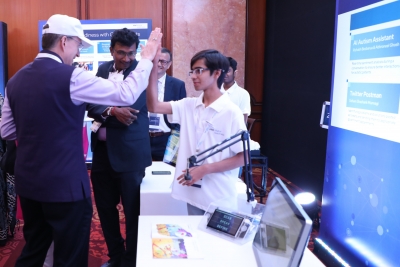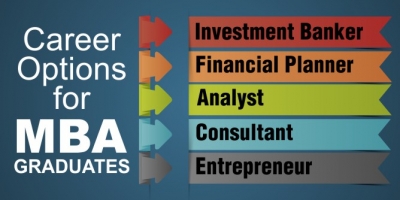
This Class XII student is the founder and CEO of Visard.org, a youth-run, not-for-profit that aims to empower small businesses through technology. Varun Arora speaks about his journey.
What fascinated you to learn about Artificial Intelligence (AI)?
When I was a kid, I was always engrossed in building new things and using my imagination to innovate. I first heard about Al when Intel conducted the Al for Youth programme and got selected for it. I did not have any idea about it, but decided to give it a try and I loved it. I was also intrigued, and so decided to pursue Al on a deeper level.
How was your experience at the Al for Youth programme?
It was a four-month-long programme, and at the end, we were asked to build a project that would be helpful to society in some way and contribute to the welfare of people. Recently, I had the opportunity to present my project to the CEO of Intel, and it was a phenomenal experience! Overall, the programme was beneficial and I consider it the turning point in my journey.
What was your project about?
An Al reading assistant, I made it for kids in the four to eight age group. It aims to develop essential skills in children without any increase in screentime.
You run an organisation called Visard.org.
Our organisation’s main aim is to empower small businesses through technology. We do this through a range of initiatives, one of them being providing solutions such as creating websites for small business owners at rates lower than what many agencies charge. Apart from this, we have various other initiatives that cover areas such as support for artisans, educating/training business owners on tech tools, etc. We have impacted over 100 businesses and have helped small businesses save about Rs. 1 lakh. Additionally, the team size too has grown to over 25. The organisation is also backed by advisors who are alumni of reputed institutions such as Stanford, MIT, NYU, Microsoft, etc.
How do you manage your time between school and your organisation?
Due to the pandemic, my classes have been held online. It was a blessing in disguise because I was able to focus on my project and build my organisation. Once the physical classes start, the actual challenge will begin. But with proper time management and organisational skills, I think I will be able to balance everything.
When we talk about Al, the most pressing question is can humans be replaced by Al.
My answer would be a no. 1 would like to stress the fact that Al is just a displacement and not a replacement. I do agree that in some aspects Al does much better than us humans. We need to understand and accept the fact that it’s going to replace humans in some jobs. But then again, certain jobs such as nursing can never be replaced by computers. For job security in the competitive world, we need to be aware of the latest technology. We need to realise that every day, we are one step closer to the point where humans and robots will coexist, and that this evolution will lead to our co-dependency.
What are your hobbies and interests?
I started cycling recently. With the pandemic locking us inside our homes, there hasn’t been much activity on the road, so why not give cycling a go? I also collect ancient coins and currencies. Other than that, I have been quite busy with school and Visard.
What are your plans for the future? And what would you like to change in society?
My end goal is to be an entrepreneur. I realise that often when we start earning, we stop learning. But it shouldn’t be so, because education gives wisdom too. Also, it is very important to apply what you learn in real life. For example, there is no use in learning to code if you never get to actually code. So the one thing I would like to change in society is the architecture of the Indian education system, which currently focusses more on theoretical concepts than practical application.
Picture Credit : Google






